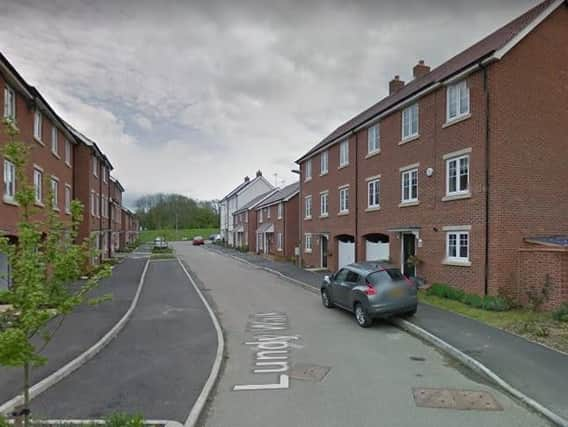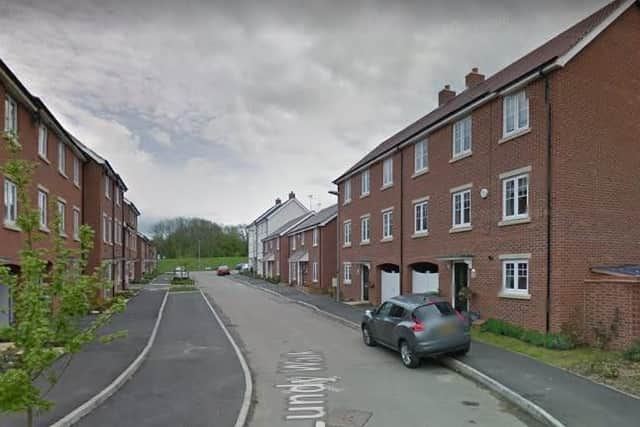Planners set to refuse permission for a licensed house in multiple occupation in Milton Keynes
This article contains affiliate links. We may earn a small commission on items purchased through this article, but that does not affect our editorial judgement.


The excuse given to councillors who will meet at Milton Keynes Council’s Development Control Panel next Thursday (April 25) is that planning and the licensing of HiMOs are different legal responsibilities.
The property in question is number 5 Lundy Walk, in Newton Leys, and the planning proposal from Leon Hill is being made retrospectively to turn the property from a three-storey dwelling house to a house in multiple occupation for five people.
Advertisement
Hide AdAdvertisement
Hide AdEnforcement action was already taking place to close down the cul de sac HiMO on planning grounds.


Council planning case officer Lakeisha Peacock, in a report to the panel, said: “The application is considered to be retrospective, as the HiMO use is already in operation and is the subject of a current planning enforcement investigation.
“Notwithstanding the apparent unauthorised nature of the current use the HiMO is licensed separately by the council’s housing service under separate HiMO legislation provisions.”
A Bletchley and Fenny Stratford town councillor, Ethaniel Kelly-Wilson, and eight individuals, pushed for the application to be determined by a committee, instead of council officers behind closed doors.
Advertisement
Hide AdAdvertisement
Hide AdCllr Kelly-Wilson, in his objections, said: “I am regularly informed of parking issues in Lundy Walk by residents.
“Newton Leys is on the border of Milton Keynes and Aylesbury Vale and is geographically isolated from the rest of Milton Keynes by the West Coast mainline and also the Oxford to Bletchley Line (EastWest Rail). This has led to a proliferation of cars.
“Within 100 metres of the property there are already 40 apartments so the addition of these further five individual rooms would change the character of the area.”
Council case officer Lakeisha Peacock’s report agrees that having a lack of parking provision is a reason to refuse planning permission.
Advertisement
Hide AdAdvertisement
Hide AdShe said: “The proposed development is considered not to provide the required four spaces parking provision for this change of use, resulting in an unacceptable under provision and harmful spill-over.”
And it is clear to the planners that there isn’t enough spare space in the terraced street to be able to soak up that spill over.
Lakeisha Peacock concluded: “The retrospectively proposed change of use has resulted in an adverse impact and material harm in terms of insufficient on-site parking provision, increased on-street parking stress, causing problems with accessibility of the highway, manoeuvring ability, and highway safety, in terms of vehicle users and pedestrians.”
She did not see evidence that there are already too many other HiMOs in the area that would change the character of the area.
Advertisement
Hide AdAdvertisement
Hide AdThe panel has also been told that any implications under the Human Rights Act which give residents certain rights are “amply covered by consideration of the environmental impact of the application under the policies of the development plan and other relevant policy guidance.”
Councillors on the panel can decide to go against their officers’ advice but if they go ahead and refuse the application, the planning enforcement team will be allowed to continue their investigation and take action.